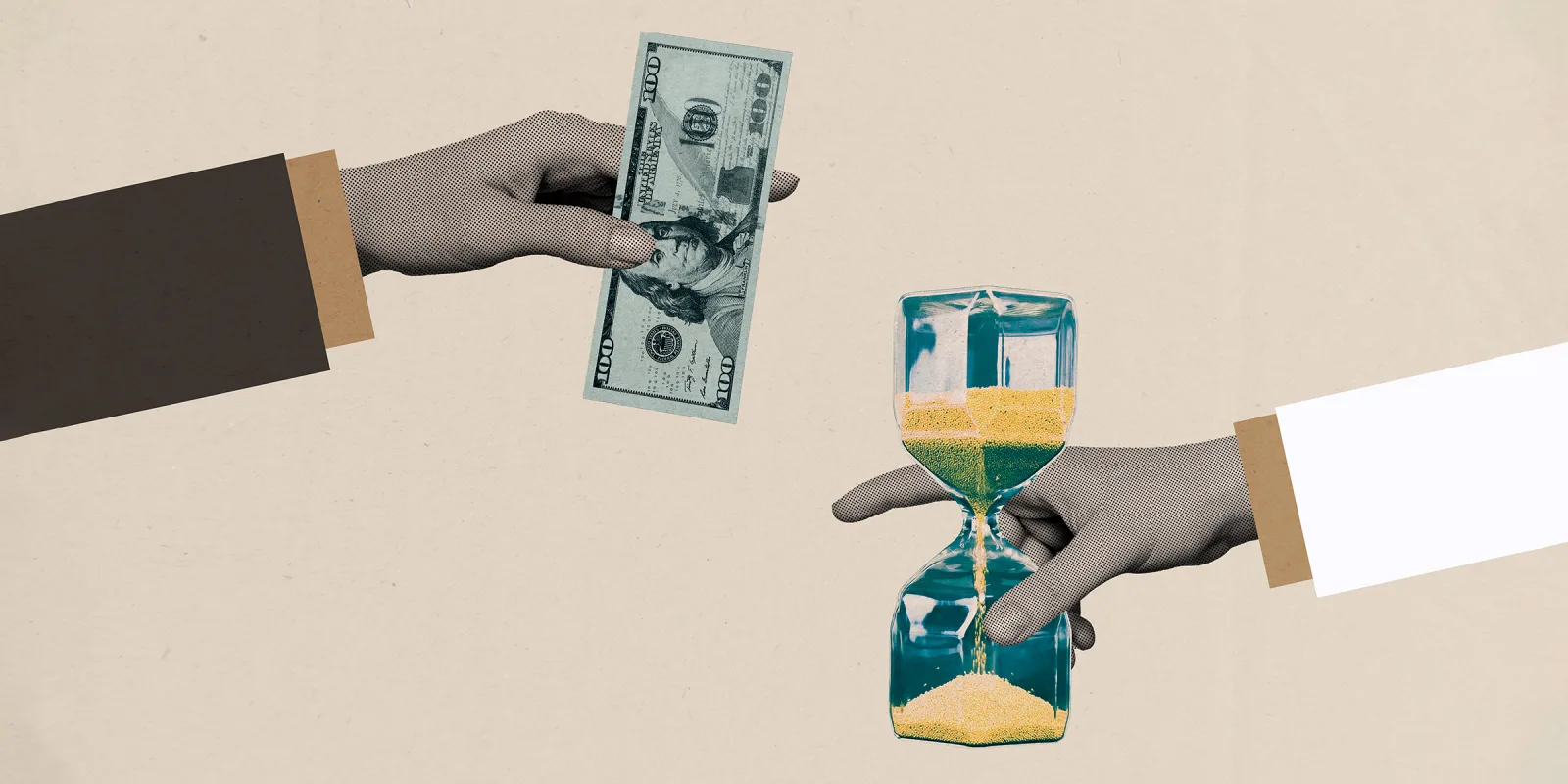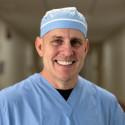As an intern, I trained before duty hour limits were implemented. We routinely worked 36-hour in-house shifts, pager clipped to our waistband, subsisting on graham crackers and peanut butter scrounged from unit supply rooms and occasional meal vouchers from the hospital cafeteria. We slept, if you could call it that, on worn out mattresses in overcrowded bunk rooms lined with cockroach traps. There was no questioning the conditions or the absolute deprivation. It was simply what was expected and what everyone had done prior. We were merely the next class that would repeat what the previous class had already completed. We were there for the patients and expected to respond with urgency, alertness, and compassion, regardless of how little rest we had. We were putting our patients and their health far above our own, and believe it or not, part of this sacrifice felt good.
The relationship with medicine wasn’t the healthiest. We were essentially being groomed to place medicine above everything else. Weddings were missed. Holidays blurred past. Vacations were things other people took. The assumption was that self-sacrifice was part of the profession; the “calling” claimed almost a decade of youth, and maybe more.
Years later, not much has changed. Notifications and texts have largely replaced pagers. The call room is now my phone lighting up during a family dinner. I still miss Christmas mornings, school performances, and warm evening meals with loved ones from time to time. It’s better, but government holidays and work from home days are simple pleasures others enjoy. Would I have accepted this if I hadn't been thoroughly groomed in medical school and residency? I doubt it.
The system doesn’t ask — it assumes. It assumes you still accept this grand bargain until you say you’ve had enough. Everyone has their breaking point. The statistics prove this – 40% of clinicians plan to cut back their hours or leave their employer in the next two years. Burnout is rampant, averaging 49% across specialties, and is as high as 60% in some fields. Cynically, no amount of mindfulness, meditation, or self-care will budge these numbers until we focus on the system instead of the individual. As one of my medical school colleagues often says, “It’s like we are all in this giant escape room and we’re all struggling to find the way out.” The system has become an “escape room,” sadly.
To stay in medicine, I’ve come to realize two things: a) This is a marathon, not a sprint, and b) Time is a form of compensation. It may not show up in a paycheck, but it matters just as much, possibly more.
Establishing boundaries that are mutually respected is the hallmark of any healthy relationship. We all need a reminder that No is a complete sentence. We don’t always need to sit on that hospital committee, give the PowerPoint presentation because an administrator asks, or participate in the emergency drill after hours. Our battery is ours alone; only we know how much we have left to give to those around us. Of course, if you love these endeavors, you should absolutely pursue them to the fullest. If they steal from an already depleted bucket, please stop and preserve yourself. Medicine and the aging population need you in the game as long as possible, so please take care of yourself.
We must also normalize choosing time off, even if it means less money. We should take fewer shifts and leave some income on the table in exchange for preserving our energy, our relationships, and ourselves. I have even gone as far as moving to a night shift position to have more time off during the day to build my startup. I used to despise overnights in the hospital, but now realize that this shift in schedule has opened up my life and given me more free time than I ever imagined to chase my dreams and develop hobbies I never thought possible. If we don’t start paying ourselves in time, medicine will continue to take everything we offer. There will always be patients to see, procedures to be done, and shifts that need to be covered. Of course, this is far easier to say once educational debts are paid off, but maybe we also need to normalize not taking on additional non-educational debt. The “doctor house” and the “doctor car” aren’t going to preserve your battery. They are a societal trap that keeps us on the proverbial treadmill and unable to jump off.
When I prioritize time, I’m not slacking — I’m surviving. I’m protecting the part of me that shows empathy at the bedside. I’m ensuring I have something left to give to my patients, family, friends, and myself.
You can be a good doctor and still take care of yourself. One could argue that you can’t be a great doctor unless you do. The ability to show up with presence, clarity, and empathy is directly tied to your own well-being. When we protect our time, set boundaries, and prioritize rest, we’re not abandoning our patients; we’re making sure we can care for them sustainably, without burning out or breaking down. A healthy doctor isn’t a luxury; it’s a necessity for the profession, for our patients, and for ourselves.
Besides time, is there anything else medicine owes you? Share in the comments.
Dr. Rob Anderson is a practicing anesthesiologist in Richmond, VA, and the co-founder of Marit Health, which brings salary transparency and jobs to medicine.
Image by Deagreez / Getty






